Investment Advisor Best Practices:
PTE 2020-02
The Department of Labor (DOL) introduced Prohibited Transaction Exemption (PTE) 2020-02 in December 2020. The effective date for compliance was February 2021. This PTE has recently received additional attention due to a ruling from a federal court in Florida. Bonnie Treichel, Chief Solutions Officer at Endeavor Retirement and Chis Simmers, Director of RIA Compliance at Endeavor Retirement, spoke with David Palascak, VP of Product Management at Fi360, regarding best practices surrounding PTE 2020-02 compliance. Access the recording of the webinar here.
Below are a few common questions regarding PTE 2020-02 discussed during the webinar.
FAQ 1: What are the requirements to comply with PTE 2020-02?
In general, to comply with PTE 2020-02, the following minimum steps are required:
- Acknowledge fiduciary status in writing.
- Disclose services and material conflicts of interest.
- Adhere to impartial conduct standards: (1) prudence, (2) undivided loyalty, (3) best execution and (4) no materially misleading statements.
- Adopt policies and procedures.
- Document the reason for the rollover.
- Conduct annual compliance review.
FAQ 2: What happens if a failure is found in the annual compliance review?
If a failure is found during the annual compliance review (or earlier), failures should be corrected to avoid being treated as prohibited transactions. The correction will depend on the failure but, in general, PTE 2020-02 requires that firms correct within 90 days of discovering the error (or that firms correct reasonably after learning of the error), and that firms notify the DOL of the correction via email within 30 days of the correction.
FAQ 3: Is anything required if it is determined that a rollover is not in the best interest of the investor?
PTE 2020-02 does not presuppose that it is always in the best interest of an investor to recommend a rollover. If the comparative analysis results in a finding that it is not in the best interest of the investor to recommend a rollover, the advisor should still present the written rationale for why the rollover isn’t recommended and document the same in their compliance files.
FAQ 4: What is the impact of the recent Am. Sec. Assoc. v. U.S. ruling from the federal court in Florida?
This case challenged the DOL’s April 2021 FAQ’s interpreting PTE 2020-02.In FAQ 7, a new interpretation of the DOL’s 1975 definition of fiduciary includes IRA rollovers when an adviser advises a rollover in the context of an ongoing relationship or at the beginning of an intended future ongoing relationship. Plaintiffs challenged FAQ 7 and recently prevailed. The court held that FAQ 7 was arbitrary and capricious because it is inconsistent with ERISA and the DOL’s previous definition of a fiduciary relationship from 1975.
Practically speaking, the court’s ruling will likely be appealed by the DOL to the 11th Circuit Court of Appeals. The Court of Appeals may overturn the Court’s ruling and restore FAQ 7. Further, DOL will likely start working through proposed rulemaking which will address the 1975 regulation. Because the Am. Sec. Assoc. court relied heavily on the 1975 regulation to vacate FAQ 7, a change to the 1975 regulation through the rulemaking process may very well circumvent any impact from the court’s ruling.
Because of these known uncertainties, top legal experts in the field have recommended staying the course and continuing to observe FAQ 7 until further legal clarity emerges.
To check out Broadridge’s resources for PTE 2020-02 compliance, including Broadridge’s tool demonstrated on the webinar, click here.
For additional support and compliance inquiries related to PTE 2020-02, contact info@endeavor-retirement.com
Sign Up for Navigator Today
Access More Great Content
Support your clients more efficiently with strategically curated content, that combines the expertise of ERISA Attorneys with the practicality of an Advisor.

